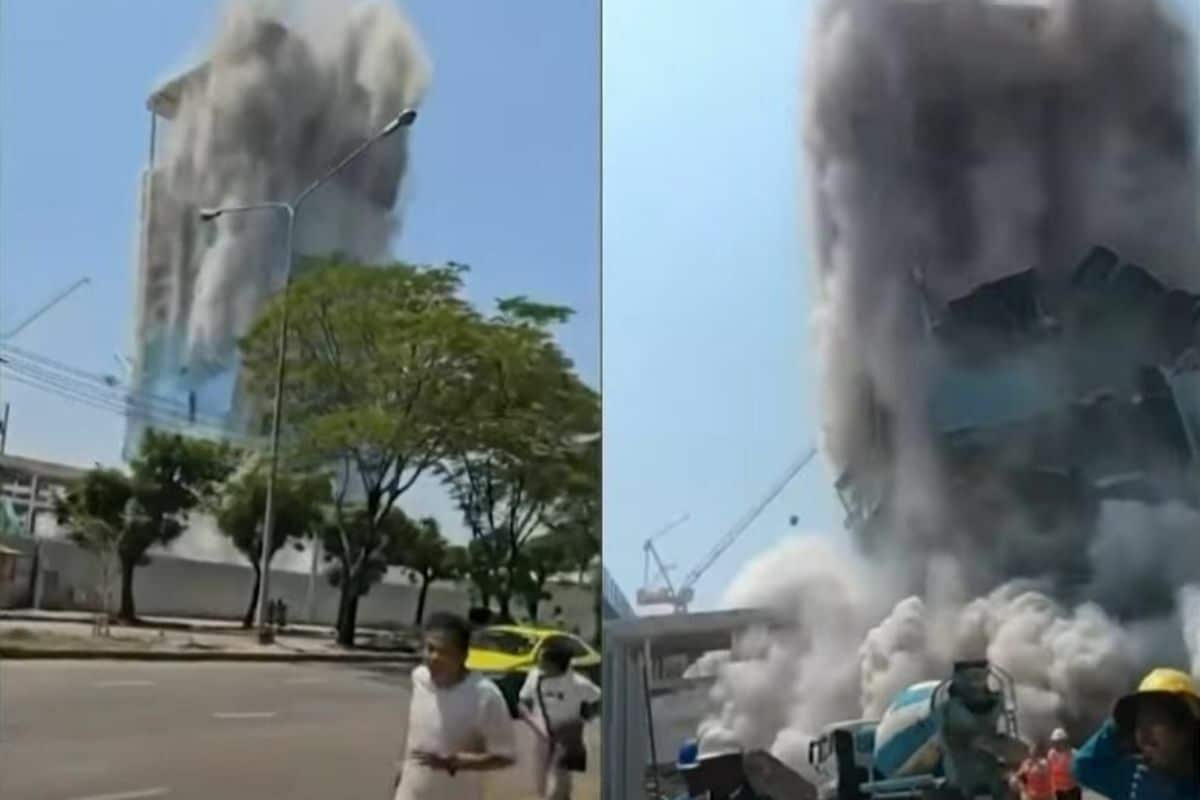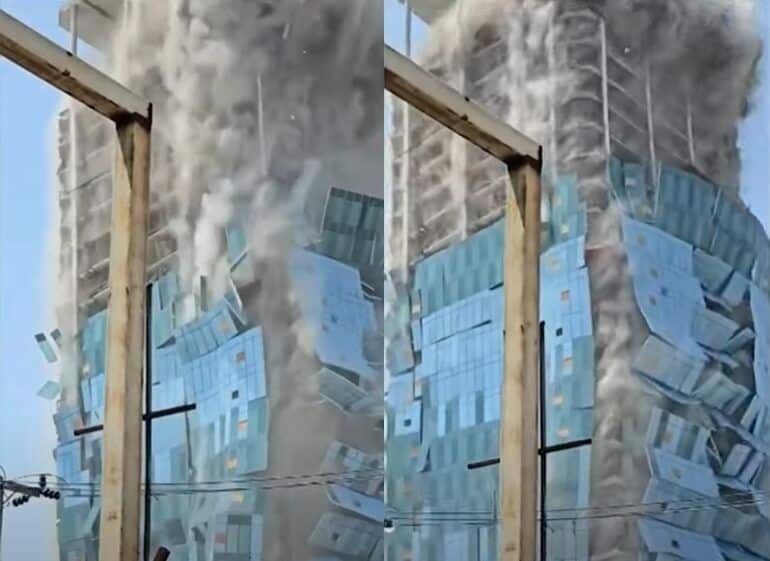Bangkok building collapse sets records, raises safety concerns

Thailand has made world headlines for all the wrong reasons as experts reveal the collapse of the new State Audit Office (SAO) building in Bangkok has set two disconcerting world records: it is the tallest building to collapse in an earthquake and the furthest building from an epicentre to suffer such a fate.
The tragedy occurred following the March 28 earthquake, originating in Myanmar, which caused widespread tremors across the region. The newly constructed SAO building was one of the worst affected, resulting in deaths, injuries, and numerous workers missing.
The incident has sparked serious questions about Thailand’s building safety standards and the country’s disaster preparedness systems.
At a recent seminar held yesterday, April 2, Professor Pen-Nung Wanichchai, Director of the Earthquake Research Centre, explained how Bangkok’s unique soil conditions played a role in amplifying the earthquake’s effects.
“The city sits on a giant soft soil basin, which can increase earthquake intensity by three to four times.”
These conditions, combined with the earthquake’s low-frequency waves, which affected tall buildings more severely than smaller ones, contributed to the devastating collapse of the SAO building.

International experts reached out to Prof. Pen-Nung, confirming that this was indeed the most distant earthquake on record to cause a building collapse. It is also the tallest building to suffer such damage, a world record that Thailand cannot be proud of.
“While it’s not a record anyone should take pride in, it highlights the vulnerability of our infrastructure.”
Thailand’s construction laws require that tall buildings be designed to withstand seismic activity, but the collapse suggests serious flaws in the enforcement of these regulations.
Prof. Pen-Nung also pointed out that while the country has long debated the need for an earthquake warning system, its implementation has been slow and ineffective. In this case, Thailand’s SMS-based warning system was too slow to reach affected citizens, delaying the crucial alerts.
Experts are calling for a comprehensive review of Thailand’s earthquake preparedness, including better building designs, stronger warning systems, and public education, reported Matichon.
“We need to not only improve warning systems but also ensure that people know how to act during an earthquake,” said Associate Professor Seri Supratid of Rangsit University.
The collapse has highlighted significant gaps in safety protocols and public awareness, with experts urging the government to take immediate action. As Bangkok rebuilds, the hope is that these lessons will lead to more resilient structures and a fully operational, timely warning system.
Latest Thailand News
Follow The Thaiger on Google News:


























